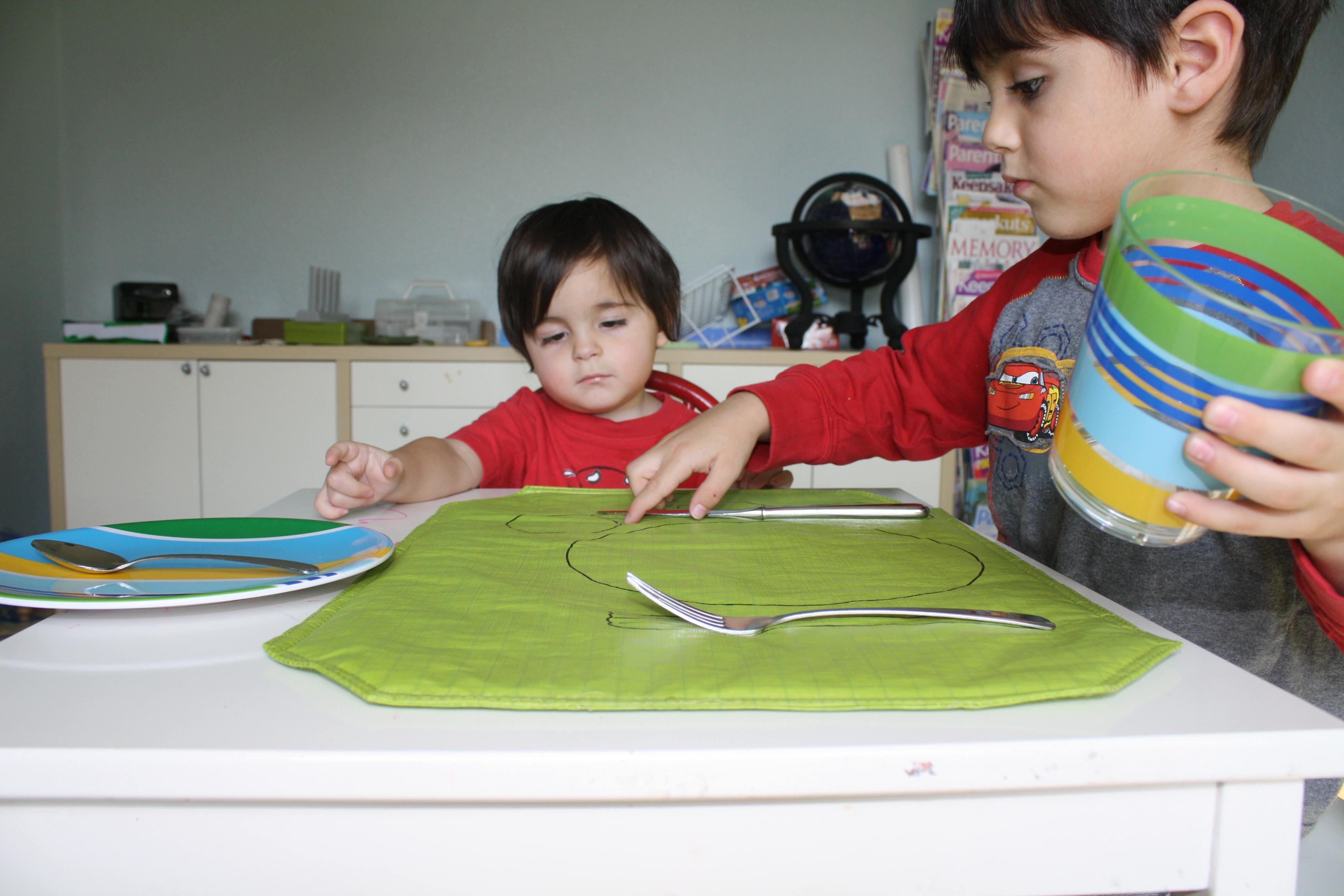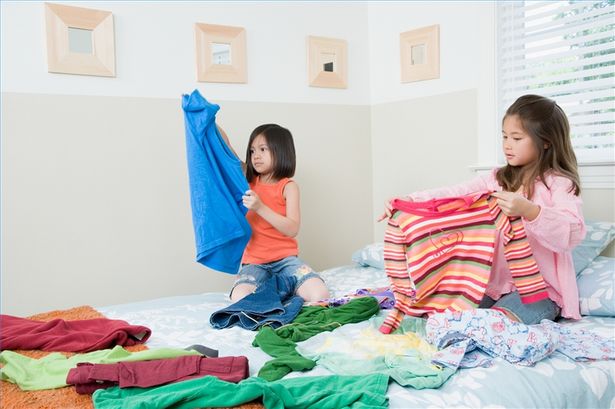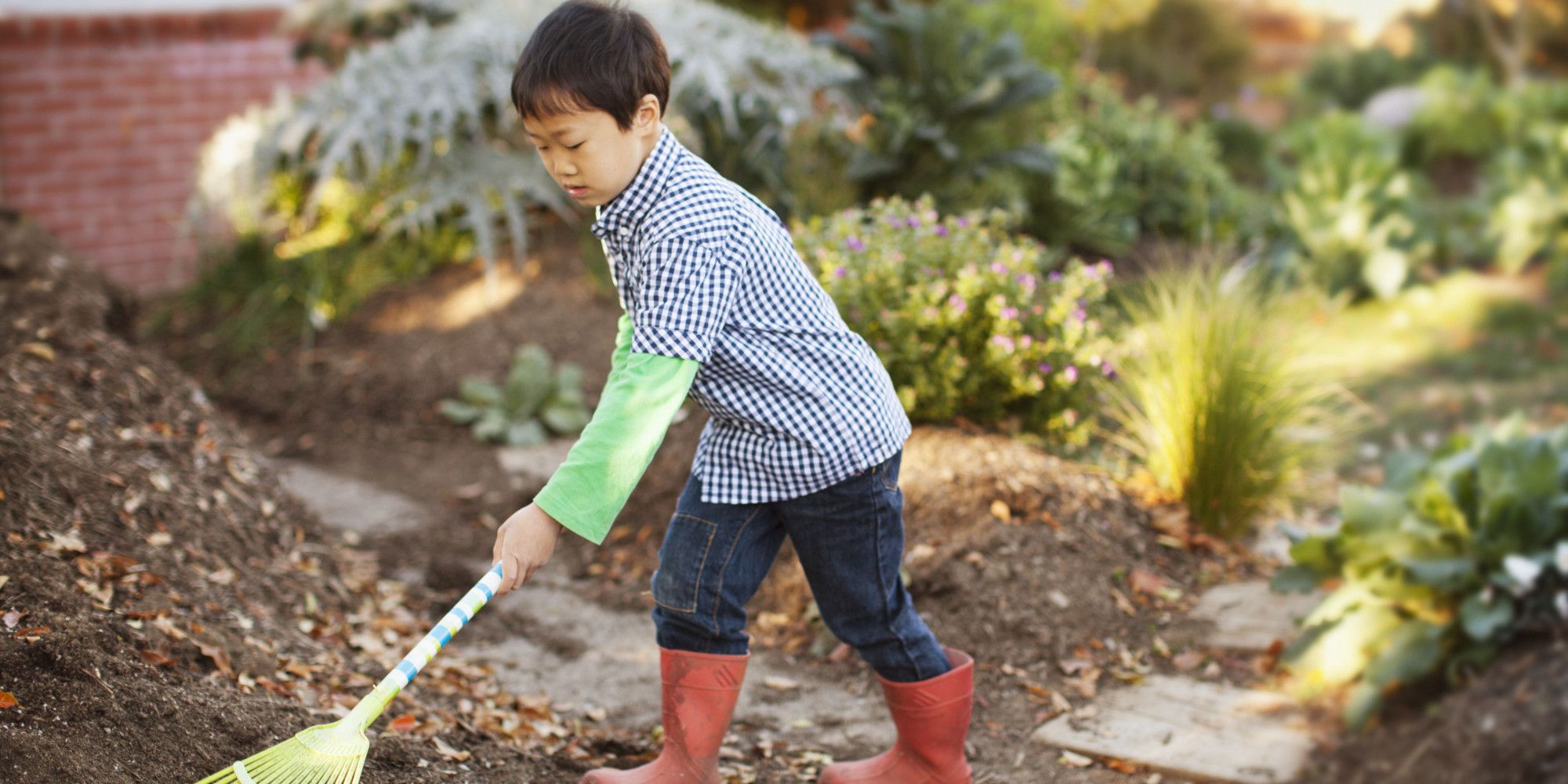Before you start thinking that you’re being too hard on your child — because you know that one day they’re going to throw a tantrum and cry to get out of vacuuming the house — understand that in the future they will thank you. Doing chores teaches important skills that your child will need in the future.
Chores Allow Your Children To Grow
Teaching your children to help with chores at a younger age is key. It helps promote development and allows children to show you that they’re capable of fending for themselves when they’re out in the real world. Letting your child help prepare dinner (perhaps by arranging food on a plate or setting the table) will not only teach them fine and gross motor skills, it will leave them feeling accomplished and wanting to continue doing so. Imagine the spark in your child’s eye when you invite grandma over for dinner and they say with confidence “I made that for you, grandma.” Showing off is great at times like these — and grandma will think so, too.
Chores Teach Children To Work For What They Want
When children get accustomed to getting what they want when they want it, they’re less likely to be willing to work for their prized positions. However, when a child grows up hearing “You will be able to watch your show when you’ve dried the dishes off and put them away,” they’ll understand that in order to sit down and relax with a TV show, they need to step up and help a little bit. Although they might not like it, they will get used to this routine and eventually do their chores without being reminded because they’ll know what’s expected of them.
Chores Teach Responsibility
A great way to prepare your child for the real world is teaching them that they won’t always be able to do things they want to do. Teaching them to apply themselves to do work they don’t enjoy helps them realize that some jobs need to be done whether they want to do them or not. No child wants to sweep and mop or clean their room, but all children are capable of handling it. Instead of offering a prize for each chore they complete, you should attempt to make a chore chart. Write out a list of 5-10 chores you want your child to help with each week, and if they’re completed they get a prize. Prizes can range anywhere from going to the park to going to the movies. While offering your child a toy or a ten-dollar bill will seem nice at the time, I suggest offering something you can do with them. Build memories with them so they can carry out the same techniques with their children, and so on.
Chores Promotes More Active Behavior
Children are more likely to engage in activities that promote movement and development such as gardening, putting away groceries, sweeping, mopping, and dusting. In the book The Well Balanced Child: Movement and Early Learning, it is said that movement-based tasks are linked to brain development and improved reading and writing. Plus, what kid doesn’t want to hear that “Using your muscles to carry in groceries will help you look more like Superman!”? Featured photo credit: Via: www.bostonglobe.com via bostonglobe.com



